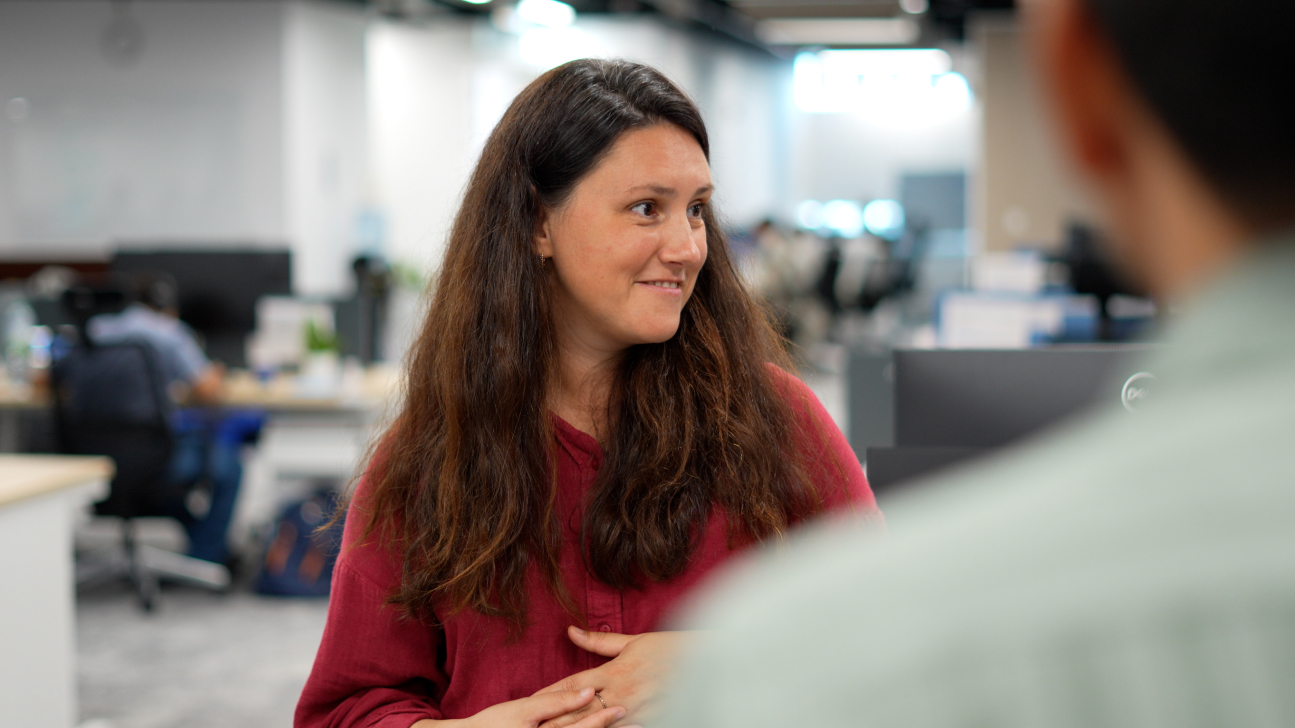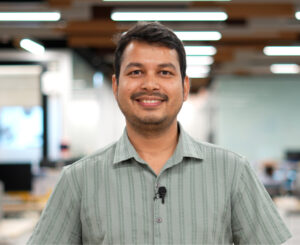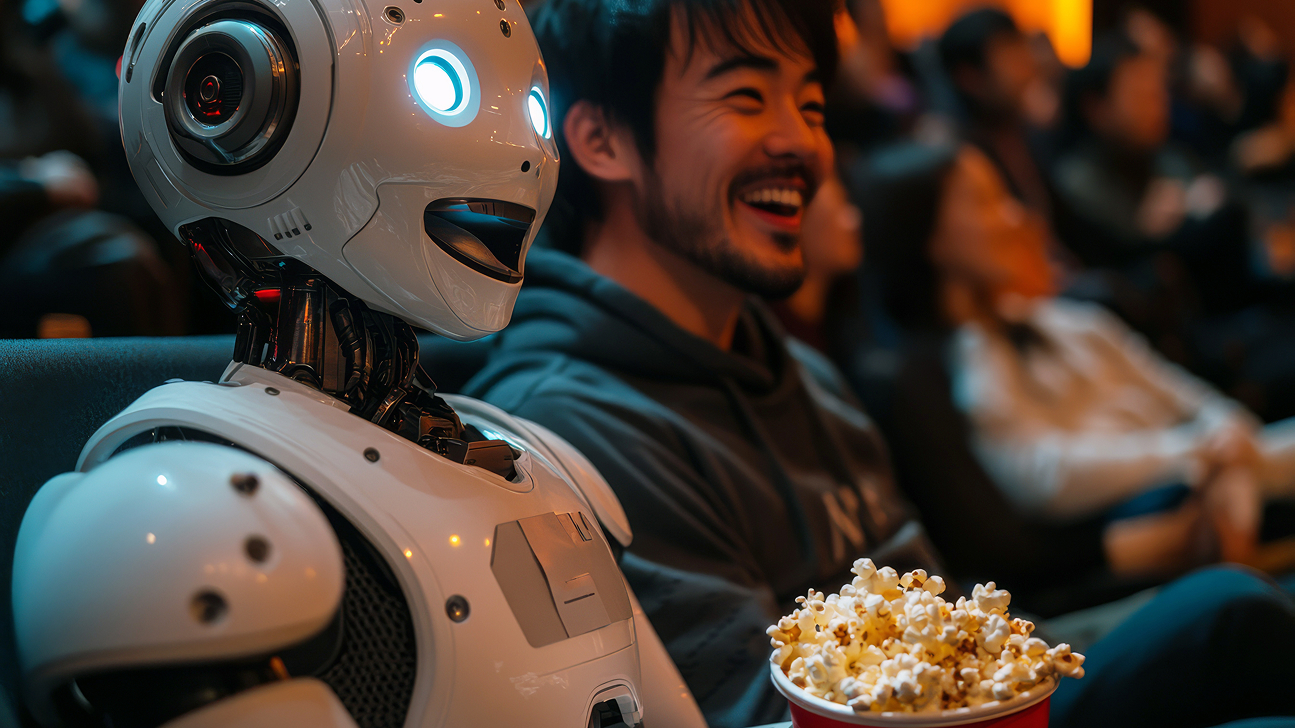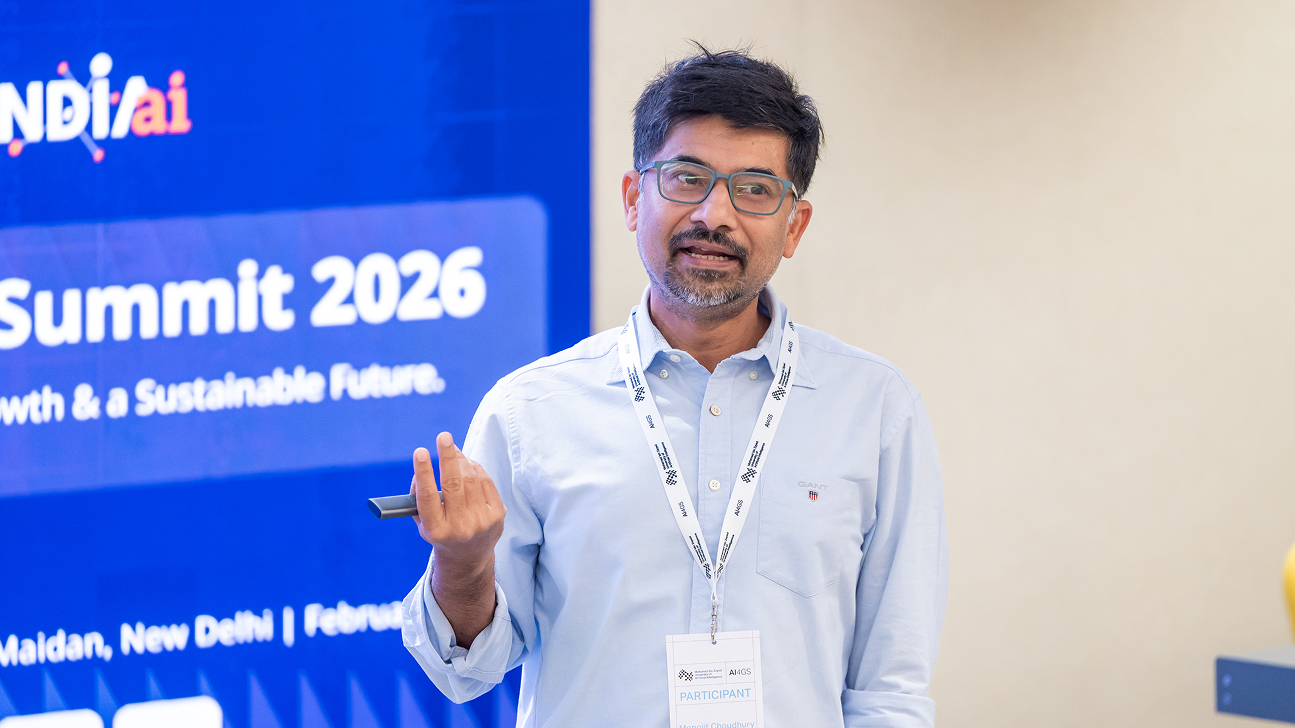MBZUAI faculty wins Google award for research to make education equitable, accessible and effective
Wednesday, November 13, 2024

As artificial intelligence continues to evolve, now is the time to use it for societal impact, argues Ekaterina Kochmar, assistant professor of natural language processing (NLP) at Mohamed bin Zayed University of Artificial Intelligence.
“Modern technologies like state-of-the-art AI models and large language models (LLMs) already show impressive capabilities, so it’s time to look into how they can be used for impactful applications,” she says.
This is exactly what Kochmar is doing with the intelligent tutoring system she is developing alongside MBZUAI postdoctoral researcher Kaushal Kumar Maurya: a system that recently won a Google Academic Research Award in the category ‘making education equitable, accessible and effective using AI’.

Dr. Kaushal Kumar Maurya
The research project, titled “2σ-ITS: A Pedagogical Intelligent Tutoring System Grounded in Learning Science Principles”, aims to develop an educational foundation model that can provide sophisticated personalized learning for students, while helping tutors reach students who may be unable to access mainstream education services.
And for Kochmar, the Google award is proof that these next steps into AI-enabled learning are ready for the taking.
“It’s a great recognition that this research is valuable and important,” she says. “The Awards were looking for submissions specifically along the question of how to make education equitable with these models, and it’s a great achievement that our work was recognized through that, meaning that it is valuable and not just something that we as researchers are interested in.
“A big tech company has acknowledged that this is something that we should be working on right now, as we have all the building blocks in place. We have these models which are very capable, and now is the time where we can use this technology to benefit society on multiple levels.”
Leading education into a new era
The Google awards provide funding and collaboration opportunities for researchers, fostering an ecosystem that generates impactful research with real-world applications. As well as education, they cover five other categories: creating machine learning benchmarks for climate problems; quantum transduction and networking for scalable computing applications; using Gemini and Google’s open model family to solve systems and infrastructure problems; society-centered AI; and trust and safety.
Kochmar and Maurya were the only team from the Middle East to win an award, and their recognition by Google is testament to the impact that they are striving to make – building on Kochmar’s background in education-focused NLP.
“I have been working on tools to help non-native speakers learn, write, and read in English more efficiently and effectively,” she says. “More recently, I have been working on intelligent tutoring systems for STEM subjects, for example for machine learning, data science, and math. We know that LLMs can be used to empower these intelligent tutoring systems because they pretty much speak like humans, but they still lack a lot of capabilities in actually being good teachers.”
This is where her and Maurya’s new model can make a difference, outdoing LLMs such as ChatGPT in terms of guidance.
“If you ask ChatGPT for a mathematical task and then you solve it incorrectly, most likely ChatGPT will correct your mistake and that will be it,” Kochmar says. “But good tutoring is all about guiding the student, explaining what’s wrong and why, and giving the students skills so that they won’t make the same mistake again.
“That’s one example of where these systems fail as tutors, even if they are knowledgeable and can generate fluent text. There is a lot of potential but there’s still a lot that needs to be done, and that’s what our research is about.”
To create these advanced tutoring abilities, Kochmar and Maurya are not only building their model on specific data and tasks from the education domain (rather than general data that LLMs are usually trained on), but also aligning it with a particular set of values.
“Models need to align with human values — in this case, with pedagogical values,” explains Kochmar. “This isn’t something that’s been done before, so in the proposal for our work we identified certain properties that the model needs to align with to make sure the model speaks like a teacher. We need to let the model observe how teachers speak and act in different situations.”
Maurya adds that the data they curate will be based on the ‘learning science principles’, which will use many years’ worth of educators’ experience: ““We have decades of research where people understand what makes learning really effective. For example, if you have a tutorial for Python in a dynamic format, people might not learn it. But if you have an interactive format, this might be more effective. So data curation and using this data in an effective way to run the instructional training is what we are focusing on.”
Retaining the human element
Kochmar acknowledges that AI innovation in education comes with its fair share of uncertainty from students, teachers and parents, and admits that “there are a lot of open questions about how to actually make it work for society”.
One area of concern is whether AI will eventually replace human teachers — something Maurya is quick to address.
“Much like calculators and computers in the past, we see such tutoring systems becoming an embedded part of the educational system – not to replace human teachers, but to assist them.”
And a key way Kochmar and Maurya see their system as being effective ‘assistants’ is through personalization.
“If you have a big classroom and you don’t have time to address everybody’s misconceptions, you can, for example, provide everyone with a personalized tablet,” explains Kochmar. “It’s a little bit like Siri on your phone, which adapts to your particular interests and needs. It knows what you know and what you don’t know, and explains things in a way specific to you. The idea is that everyone needs to gain the same expertise within a particular subject, but the way each individual gets there may be different.”
Next steps
Using the funding and support from the Google award, Kochmar and Maurya will continue to develop their research, and hope to see their foundation system being used “in real life to help people learn better, faster, more efficiently and more effectively”.
Their immediate next steps, however, involve building a language model that is specifically tuned for integration.
“This is something that hasn’t been done yet,” says Kochmar. “We’re going to investigate how to make this model not general purpose, but actually impart educational knowledge into it.
“There are a lot of open questions and we are still at an early stage, but there is great hope because we have this technology that is very capable and very powerful. Now we need to think carefully about how to actually make it work in all of these contexts.
“We will think very heavily about this and other aspects, build the prototypes and keep moving forward, so that eventually we can see this work for society in the real world and not just make it about the technology.”
- natural language processing ,
- innovation ,
- nlp ,
- education ,
- intelligent tutoring systems ,
- llms ,
- award ,
- Google ,
Related
Teaching language models about Arab culture through cross-cultural transfer
New research from MBZUAI shows how small, targeted demonstrations can sharpen AI cultural reasoning across the Arab.....
Read MoreAI and the silver screen: how cinema has imagined intelligent machines
Movies have given audiences countless visions of how artificial intelligence might affect our lives. Here are some.....
- cinema ,
- art ,
- fiction ,
- science fiction ,
- artificial intelligence ,
- AI ,
Balancing the future of AI: MBZUAI hosts AI for the Global South workshop
AI4GS brings together diverse voices from across continents to define the challenges that will guide inclusive AI.....
- languages ,
- representation ,
- equitable ,
- global south ,
- AI4GS ,
- event ,
- workshop ,
- inclusion ,
- accessibility ,
- llms ,
- large language models ,


